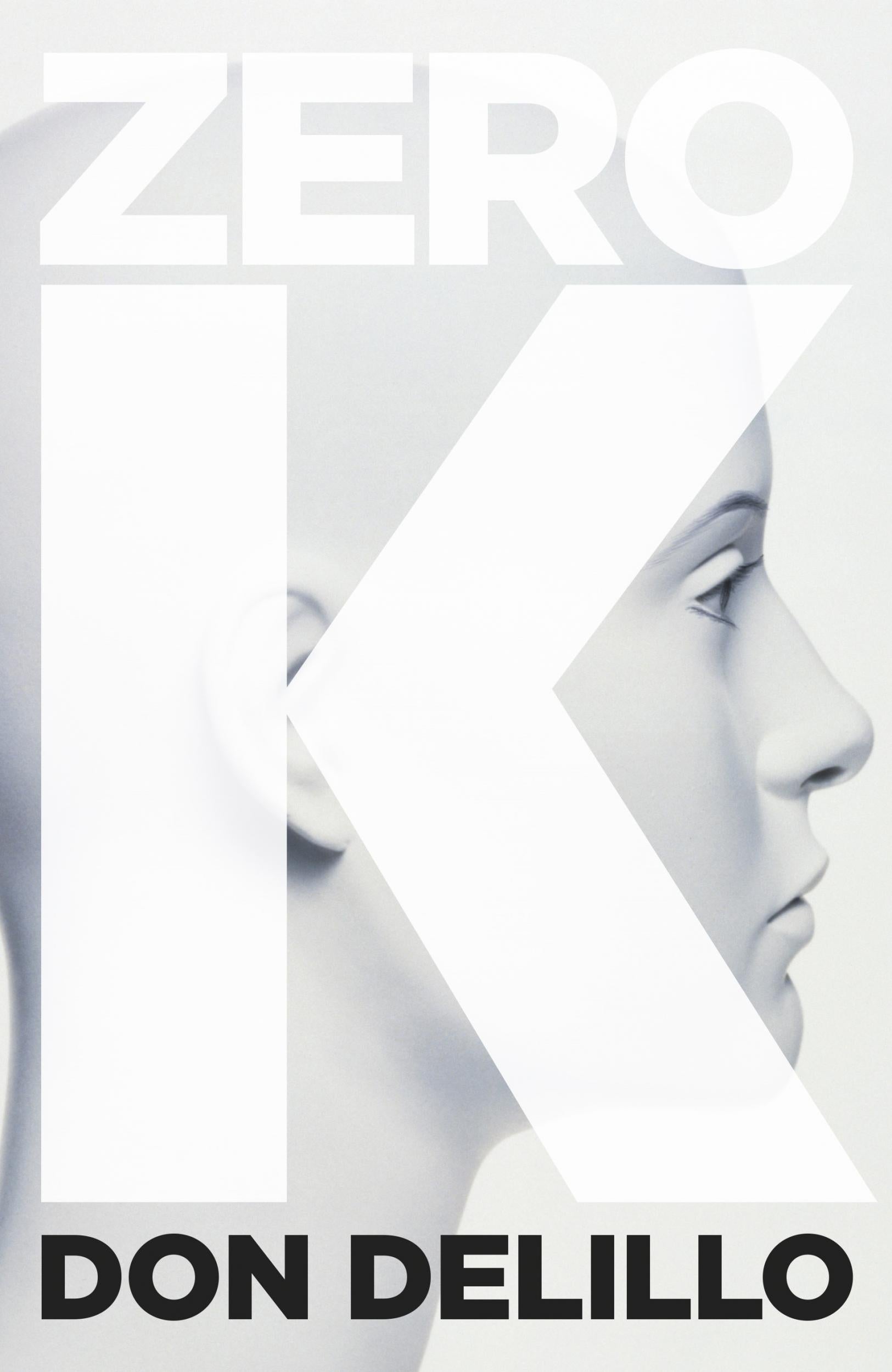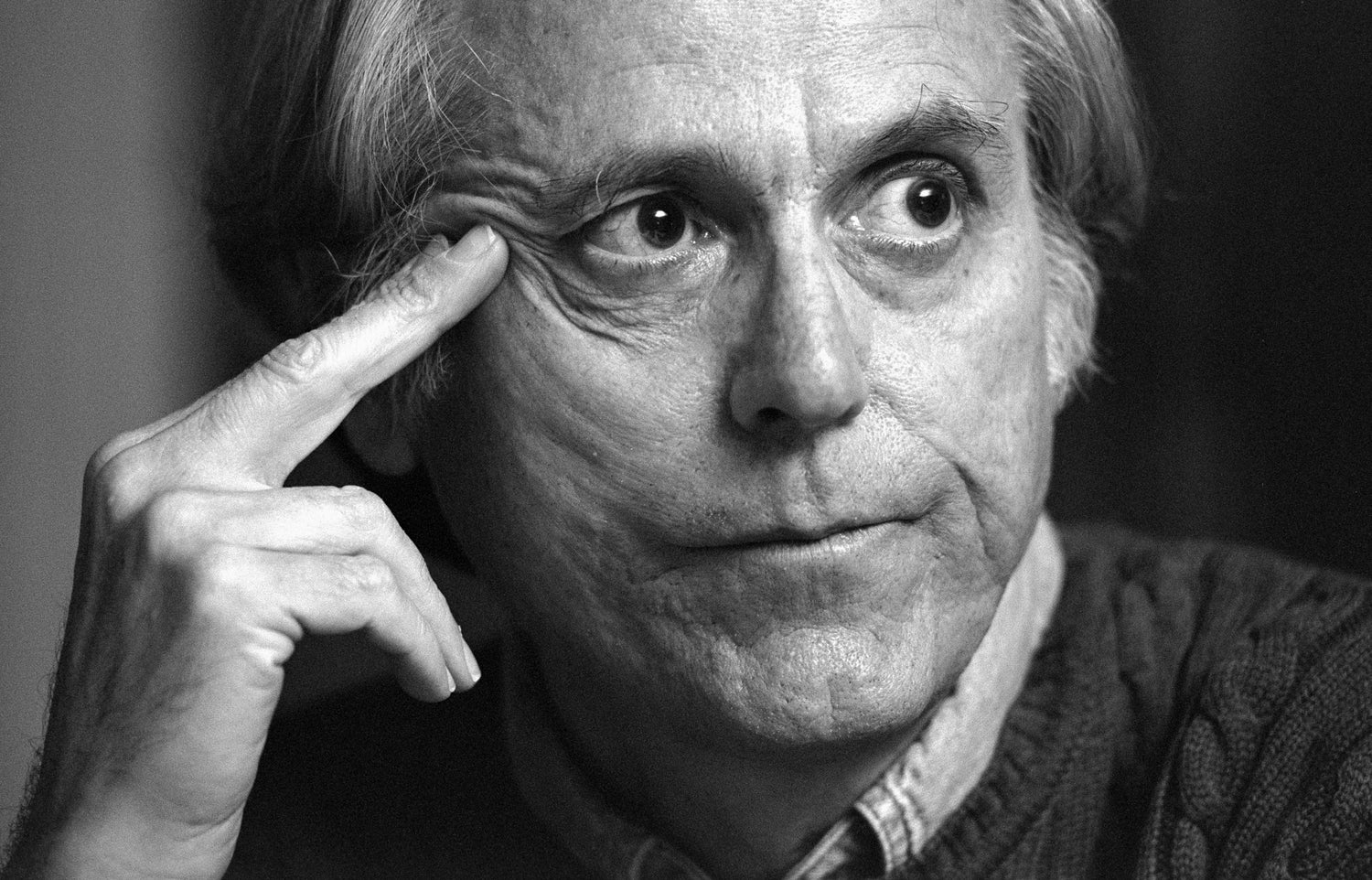Don DeLillo new book 'Zero K' review: Cryogenics, immortality and the fragility of life
Zero K should ensure the reputation of late DeLillo but also has many links back to “classic period” DeLillo

Your support helps us to tell the story
From reproductive rights to climate change to Big Tech, The Independent is on the ground when the story is developing. Whether it's investigating the financials of Elon Musk's pro-Trump PAC or producing our latest documentary, 'The A Word', which shines a light on the American women fighting for reproductive rights, we know how important it is to parse out the facts from the messaging.
At such a critical moment in US history, we need reporters on the ground. Your donation allows us to keep sending journalists to speak to both sides of the story.
The Independent is trusted by Americans across the entire political spectrum. And unlike many other quality news outlets, we choose not to lock Americans out of our reporting and analysis with paywalls. We believe quality journalism should be available to everyone, paid for by those who can afford it.
Your support makes all the difference.There is a “cryopreservation” plot, there is sustained reflection on the nature of time, and there are evocations of the Anthropocene and apocalypse. But Don DeLillo’s latest novel Zero K is most resonant in its portraits of characters who are uncertain and unmoored as they confront the immediate realities of ageing and loss.
These human stories emerge from a narrative that includes many of the themes that are now synonymous with DeLillo. Zero K contains terror and terrorism; language, signs and names; art and the consumption of art; money and power; obsessive children and menacing screens.
Unsurprisingly, early reviewers such Michiko Kakutani in the New York Times, have made comparisons to major novels such as White Noise (1985) and Underworld (1997). The 1980s and 90s are frequently thought of as DeLillo’s major period with Underworld at its peak. But this view is starting to shift as the dust settles on his 21st century novels.
The financial crisis has led to a revival of interest in Cosmopolis (2003), and there has been a resurgence of positive assessment of Falling Man (2007), DeLillo’s 9/11 novel which was heavily critiqued by Pankaj Mishra in The Guardian.
DeLillo’s last novel, Point Omega (2010) generated similar interest, but Zero K adds something different: an intimacy and emotional resonance that has been less prominent in earlier books. For me, this quality, which emerges ironically from the cryopreservation story, elevates it, and may consolidate the renewed appreciation of late-period DeLillo.

Cryogenic preservation is introduced as a technology practised by an organisation called The Convergence – part religious cult, part think tank, part advanced science centre. Protagonist Jeffrey Lockhart visits his billionaire father, and funder of The Convergence, at its compound in an outlying area of the Uzbekistani desert. The purpose of the trip is to support his father who is there to witness his wife (and Jeffrey’s step-mother), Artis, a late stage sufferer of multiple sclerosis, “transition to the next level”.
We learn that there are those, such as Artis, who make this transition at or near the end of their lives, and those that go early, via the “Zero K” process. The idea, in both cases, is that bodies and body parts will be frozen, and then suspended until technology has advanced to the stage that they can be unfrozen into immortality.
This raises philosophical questions about time and humanity, many of which are evoked by The Convergence’s various gurus: “What happens to the idea of continuum – past, present, future – in the cryonic chamber? How human are you without your sense of time? More human than ever?”
Perhaps one of the most daring conceits in Zero K’s engagement with cryogenics is a chapter that represents Artis’s suspended consciousness. In this section, individual sentences are separated to represent fragmentary thoughts: “Time. I feel it in me everywhere but I don’t know what it is.”
Crucially, though, the novel’s exploration of time moves beyond the cryogenics plot and the Convergence rhetoric, which often sounds fanatical – another guru’s discussion of “the first split second of the first cosmic year” reads like a satire of new age mysticism. While Jeffrey is mostly disdainful of such comments, they seep into his daily life and time actually becomes the heart of the novel’s human story.
Clocks and wristwatches appear everywhere in the novel and initially questions of time give expression to Jeffrey’s rudderless existence: “It occurred to me that I’d done this two or three days earlier, or maybe it was two or three years.” But later, time is evoked as part of the beauty and tragedy of humanity – and perhaps as what defines it.
When Jeffrey visits his girlfriend Emma’s workplace, a school for children with disabilities, he is captivated by one child in particular: “She was not a metaphor. Light brown hair, sunlit now, a natural blush on her face, an intent look, tiny hands, six years old.” This statement is an affront to the idea of applying abstractions to human life and Jeffrey concludes his meditative observations by again evoking time: “Play a game, make a list, draw a dog, tell a story, take a step. Some days are better than others.”
As Jeffrey tries to sustain his relationship with Emma amid his meditations on the loss of his mother, step-mother and eventually his father, time is again key. Crucially, it shapes his positive feelings about life:
'Know the moment, feel the gliding hand, gather all the forgettable fragments, fresh towels on the racks, nice new bar of soap, clean sheets on the bed, her bed, our blue sheets. This was all I needed.'
Zero K should ensure the reputation of late DeLillo. It also has many links back to “classic period” DeLillo. For me, however, DeLillo’s story of time, ageing and loss evokes a lyric from Die by Your Own Hand by New York’s Forgetters: “Clocks tick louder every year, calling us home.”
Zero K urges us to “know the moment” in spite of these loudly ticking clocks.
Arin Keeble is a Lecturer in English Literature at Nottingham Trent University. This review first appeared on The Conversation.
Join our commenting forum
Join thought-provoking conversations, follow other Independent readers and see their replies
Comments